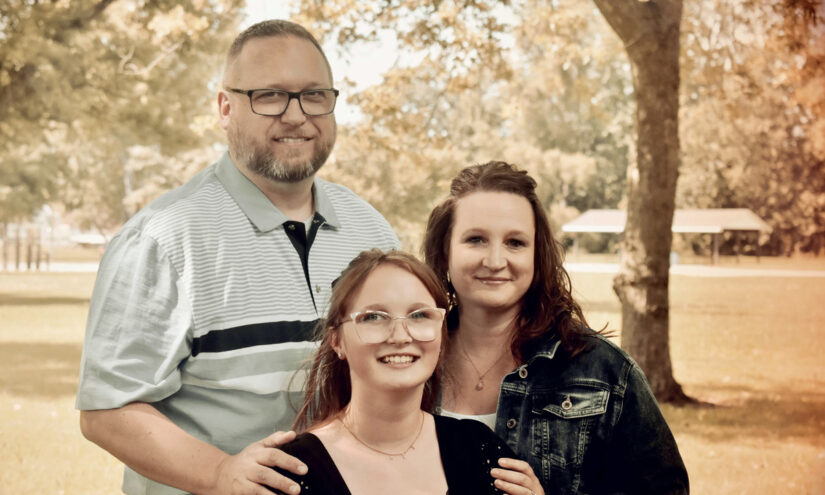During this summer, a team of students from MIT embarked on a journey to the sou …
Survey Reveals Microschools Catering to Students with Disabilities are on the Rise
Jennifer Livingstone

When Ali Balbaugh, born with a rare brain defect and diagnosed with autism spectrum disorder, turned 5, her parents, Steve and Jenny Balbaugh, had concerns about enrolling her in Fort Wayne, Indiana, schools.
“I didn’t want her to get lost,” explained Jenny.
However, private schooling options proved insufficient for Ali’s needs. At a Montessori school for kindergarten, she was allowed to sleep all day. By sixth grade at a Christian school, Ali no longer received extra help with schoolwork, with the principal justifying these services as unnecessary since “99% of our kids go on to higher education.”
It was this lack of support that led the Balbaughs to Streams of Hope Christian School, a unique program situated in an Anglican church that provides personalized learning at the students’ own pace. Ali, now in eighth grade, benefits from individualized education plans, using calculators for math and receiving assistance with writing assignments.
“Every single child’s plan is individualized,” Jenny emphasized, “and they don’t move on until they have mastered whatever they’re working on.”
Soar Academy, a microschool in Augusta, Georgia, specializes in catering to students dealing with autism, anxiety, and dyslexia. Kenisha Skaggs, the founder, shared instances where students who exhibited disruptive behaviors in public schools thrived in the smaller, more supportive environment at Soar Academy. “When you change that environment, that stuff goes away,” noted Skaggs, highlighting the positive impact of personalized attention.
The National Microschooling Center’s data reveals that the majority of students attending microschools previously were in public schools before making the transition. Meanwhile, a third of students were homeschooled, with only 4% having previous charter school experience.
While there has been a growth in microschools accepting public funds for tuition, these private institutions are not legally mandated to serve students with disabilities. This has raised concerns regarding the lack of protections under the Individuals with Disabilities Education Act once students leave public schools.
Despite the potential benefits of microschools for students with disabilities, the availability of accommodations remains limited. Some microschool leaders, like Susan Safra of Flex Learning Academy in Southeast Florida, acknowledge their programs may not adequately support students with significant behavioral or learning challenges.
The affordability of microschools compared to traditional private schools varies, with tuition ranging from $2,500 to $5,000 annually. These institutions often rely on additional fees for sustainability, offering extracurricular activities like a Lego club, Pickleball, and Bible classes at an additional cost.
In instances where public funding is available for tuition, such as through Georgia’s Special Needs Scholarship, families like the Gorlichs find relief from the financial burden of private school enrollment. Mary Gorlich noted the positive impact of attending Soar Academy on her daughter Cora, who previously struggled in a mainstream school environment.
The community surrounding microschools, exemplified by student and staff advocacy in Georgia for new ESA legislation, reflects a desire to expand educational opportunities for all students. Initiatives like the Hope Scholarship in West Virginia and new ESA laws in Georgia aim to bridge financial gaps and provide access to alternative schooling options.

